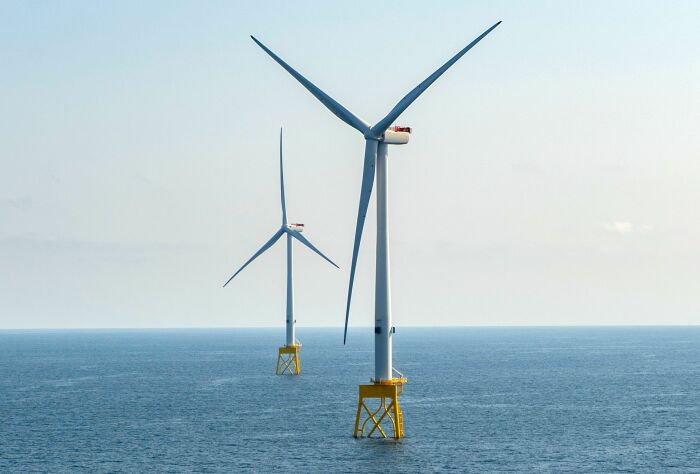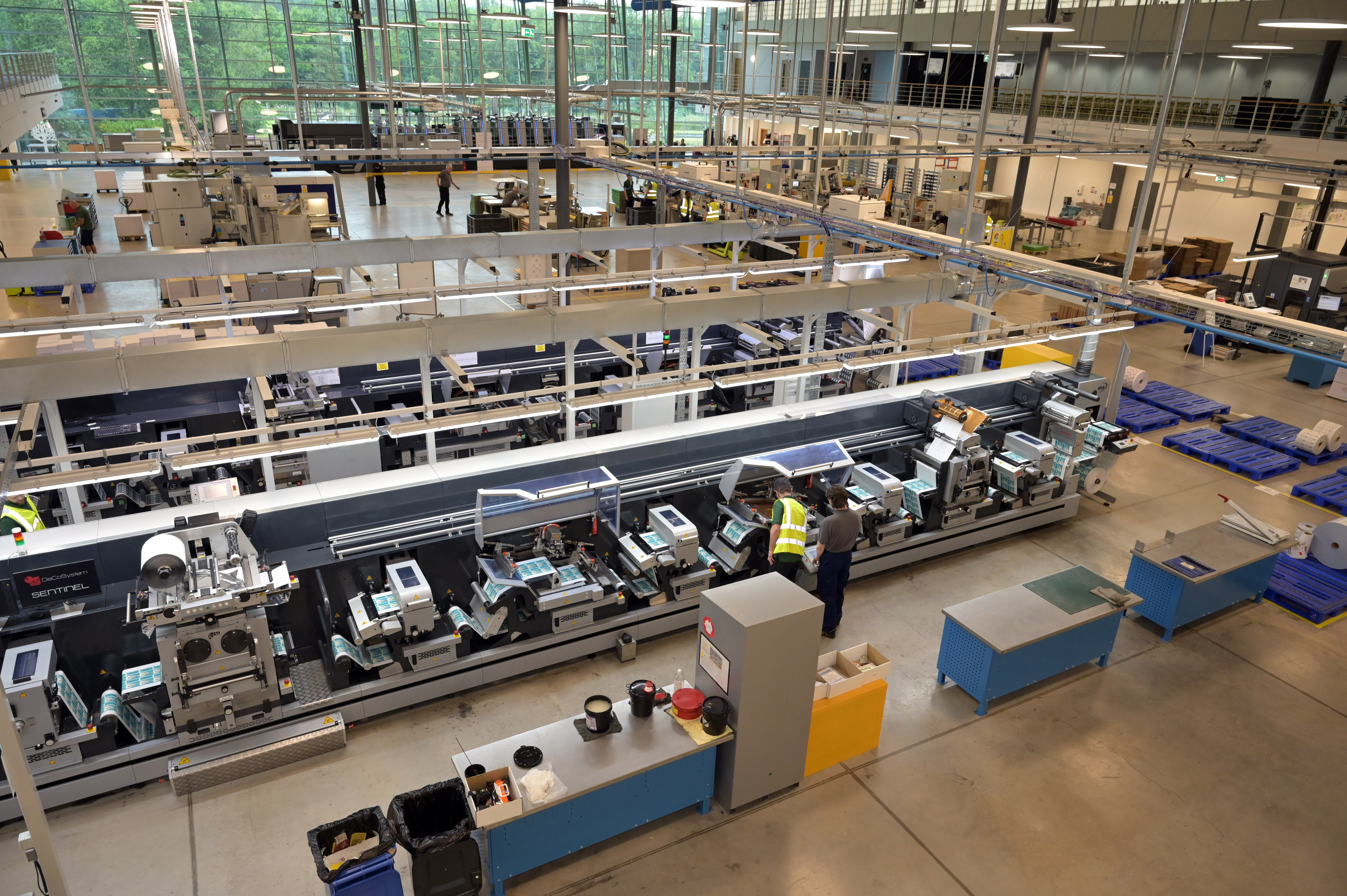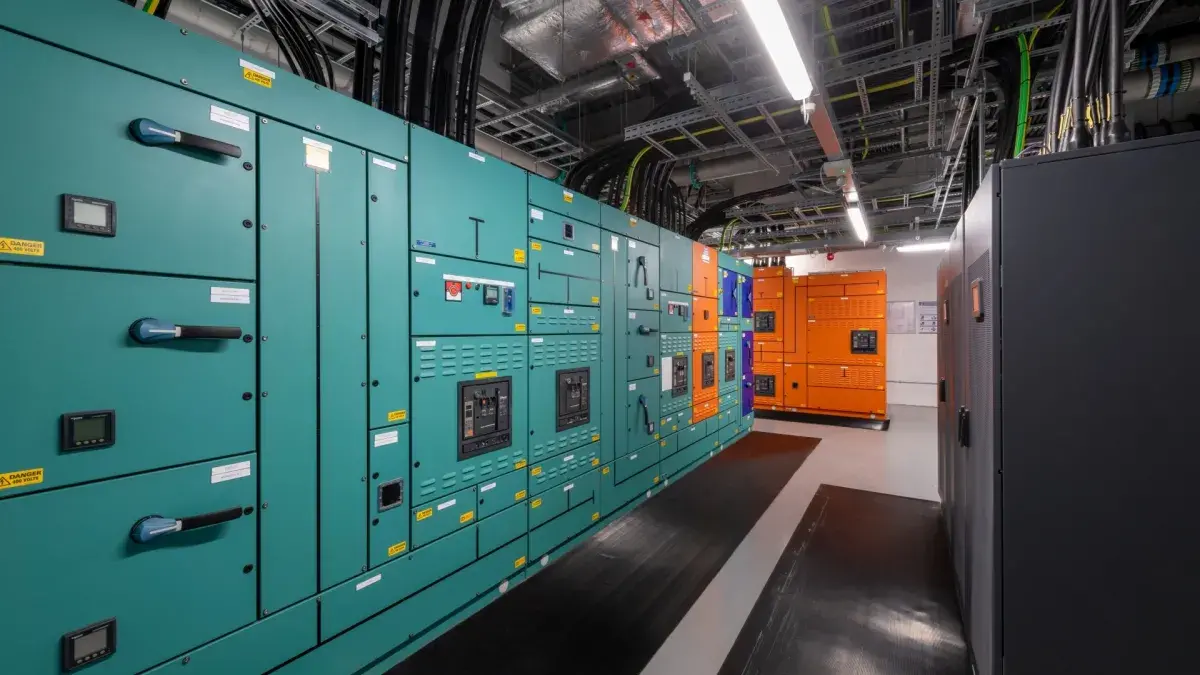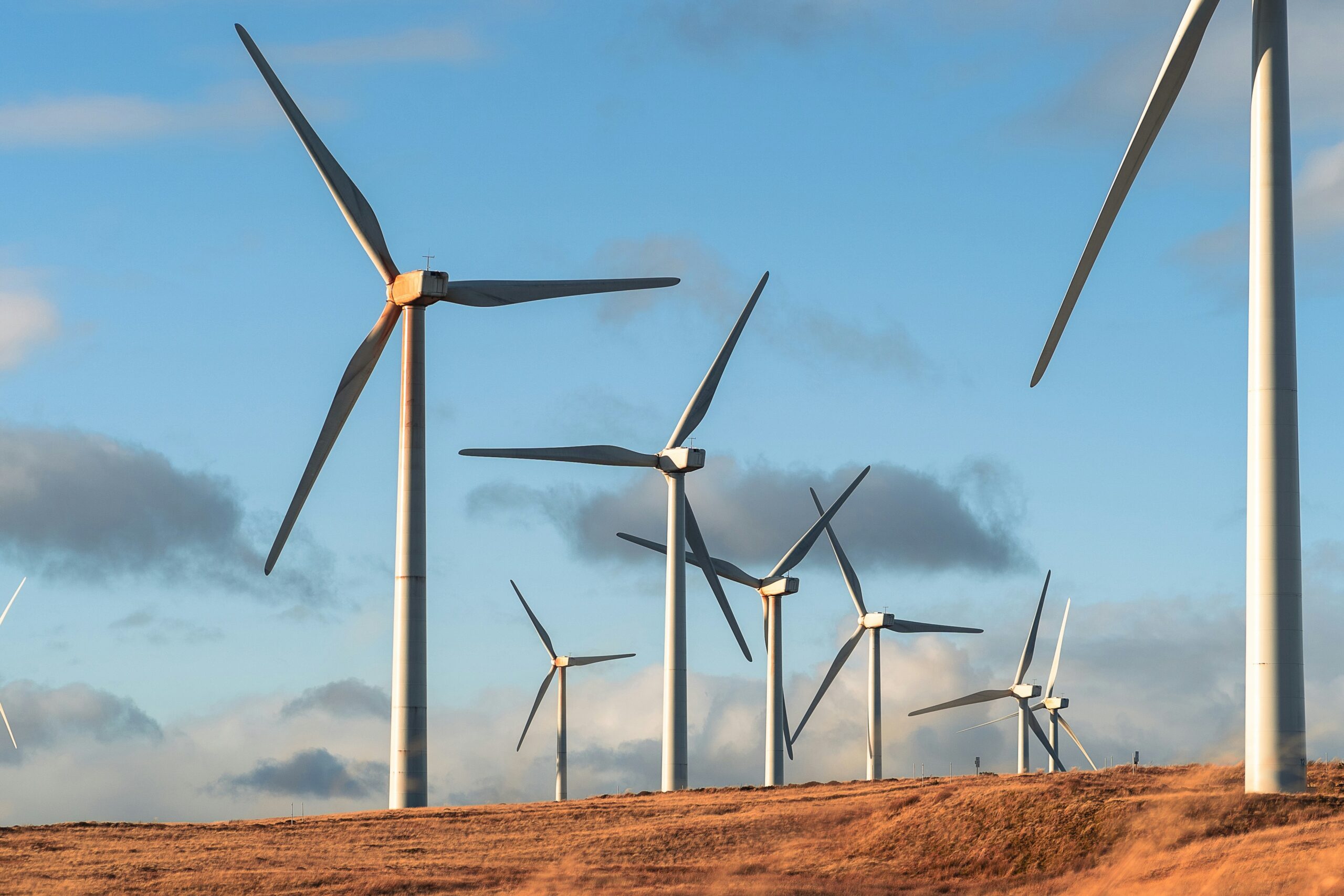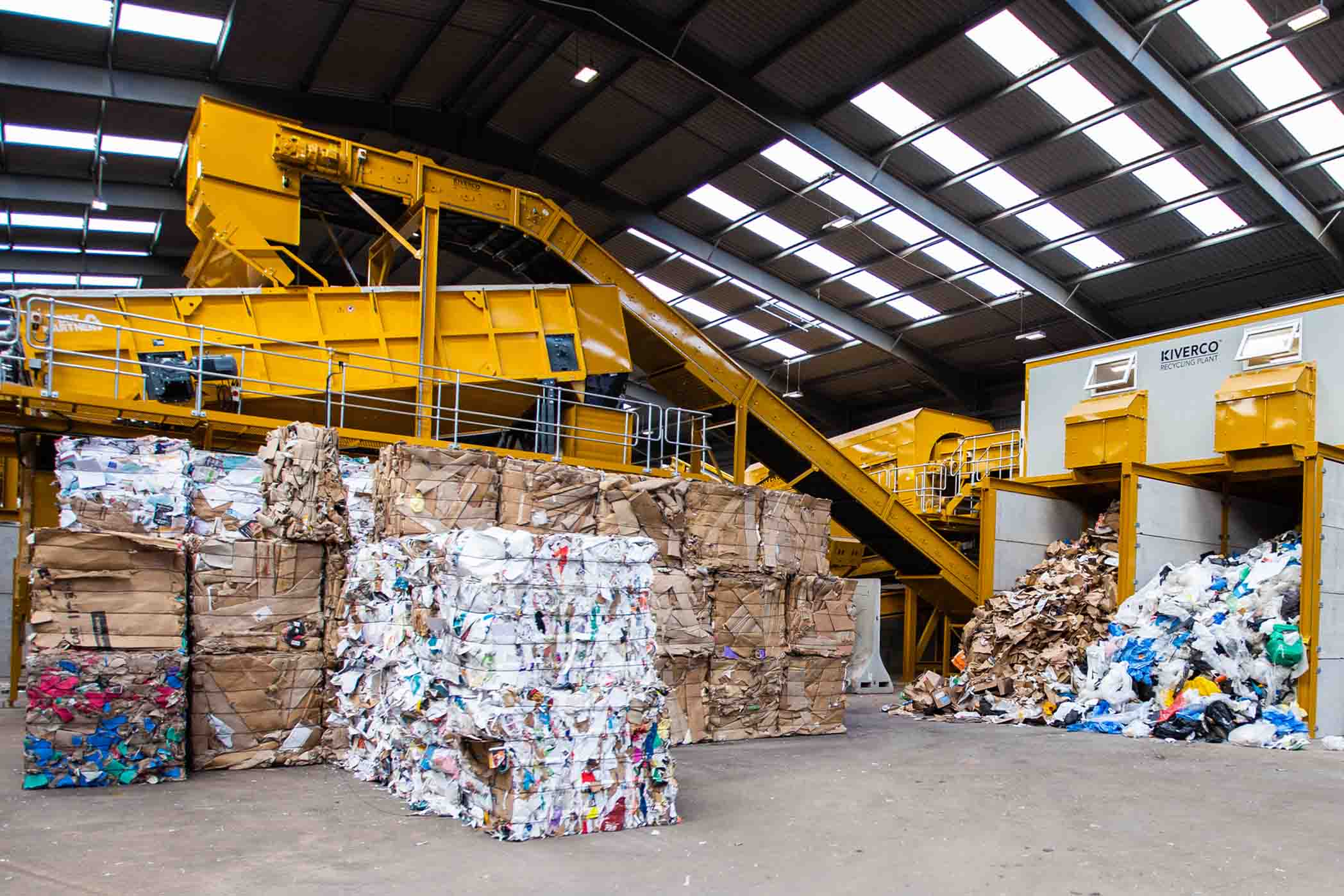
Carbon Holdings is a privately owned petrochemical company. They develop midstream and downstream petrochemical projects to supply the manufacturing, mining and construction sectors. They currently operate the Egypt Hydrocarbon Corporation (EHC), Oriental Petrochemicals Corporation (OPC) and are in the early stage of financing a third project Tahrir Petrochemicals Corporation (TPC).
What role do you see the downstream petrochemicals sector playing in Egypt’s forecasted economic acceleration?
The downstream petrochemicals sector plays an essential role in the economic development and growth of the Egyptian economy. Egypt has the opportunity to transform its manufacturing base through the production of raw materials locally. By producing these raw materials, the industrialization of Egypt can accelerate with an exponential increase in employment helping to drive the economy forward.
At Carbon Holdings, we have two operating projects, Egypt Hydrocarbon Corporation (EHC) and Oriental Petrochemical Corporation (OPC) together employing over 1,000 Egyptians. Carbon Holdings is currently raising around USD 11 billion for a world-class petrochemical complex, Tahrir Petrochemicals Corporation (TPC), which during construction is expected to create tens of thousands of direct and indirect jobs. Once operational, TPC is expected to employ around 3,000 skilled Egyptian employees, including engineers and technicians. Further downstream, TPC will create many more indirect jobs. As the Government looks to accelerate economic growth and with petrochemicals as a cornerstone of manufacturing Carbon Holdings is playing its part, and the Egyptian economy will follow suit.
What is needed to ensure the regional competitiveness of Egypt’s petrochemicals sector?
The majority of Egypt’s petrochemical complexes are located close to the ports in the Suez Economic Zone. This is an ideal location as it allows the transportation of products to customers in Africa, the Middle East, Europe, and Asia without incurring the high charges to use the Suez Canal. This ensures that transportation costs are reduced, and products are cost competitive. In addition, continuing regional and international investment in major projects such as TPC is vital if we are to see a step change in Egypt’s manufacturing capability.
The Egyptian Government’s support of business and major infrastructure projects has played a key role in attracting this international investment and remains a crucial factor in the future growth of the Egyptian economy. Lastly, not only does Egypt have a highly educated local workforce but it also has access to very experienced Egyptian petrochemical engineers who are currently working internationally but are keen to return to Egypt if the right business environment is created.
How will the development of TPC strengthen the sector?
Egypt is emerging as an industrial and export powerhouse. The flotation of the Egyptian currency last year and the three times oversubscribed US$4 billion bond sale has encouraged emerging confidence from international finance organizations and secured continued interest from foreign investors.
There are a number of established petrochemical complexes in the Suez Economic Zone that have been operating for several years and Carbon operates two of them – OPC and EHC with TPC due to be completed in 2023. Once operational, TPC will be a world-scale petrochemicals complex that will both drive industrial development and lead export growth. Alongside this, it is expected that once active, it will create thousands of direct and indirect jobs with foreign investment likely to follow. Consequently, upping local production, improving the manufacturing performance and thus strengthening the industrial sector.
What benefits will the new complex bring to value-added manufacturing?
Petrochemicals have become crucial for several industries as they are used in our daily lives for everything from plastic and commercial aircraft to medicine and military protective wear. With an ever-increasing population, as well as the scarcity of petrochemical resources, Tahrir Petrochemicals Corporation (TPC) aims to drive significant growth of domestic production across a wide range of manufacturing industries in Egypt. This will be done through the supply of various feedstocks and raw materials. Once operational, TPC will provide a cost-competitive supply of specialist products to customers in Egypt, Africa and the rest of the world.
The mission of Carbon Holdings is to support industrial growth in Egypt and across Africa through the supply of internationally cost-competitive, high-quality chemicals and petrochemicals that are essential in the manufacture of everyday items. The business has a track record of delivering on its mission through its current operations of OPC and EHC which have provided the means for the production of global products further downstream. The new complex of TPC will continue the Carbon Holdings journey of developing petrochemical products and the industrialization of Egypt.
In addition, TPC will lead export growth. Its EUR 6 947 million in projected annual exports will by themselves result in a significant increase in Egypt’s total exports. Meanwhile, its output will make it possible for Egyptian manufacturers to make and export a range of products including plastics and packaging, paints and solvents, adhesives, floor coverings, and much more.


